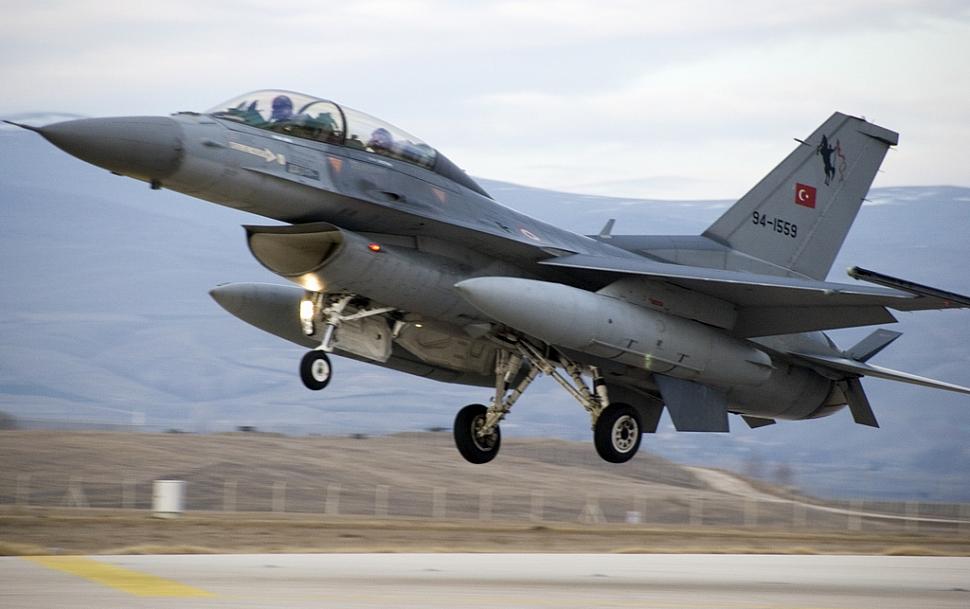
Introduction
Turkey, a nation straddling two continents, plays a significant role in global affairs, geopolitics, and cultural dialogues. Its strategic location between Europe and Asia, along with its rich historical background, makes Turkey an important player on the world stage. In today’s interconnected world, understanding Turkey’s influence and actions is crucial, especially in the context of current geopolitical tensions and international relations.
Turkey’s Geopolitical Significance
Turkey’s importance is largely attributed to its geographical location. It serves as a bridge between Europe and Asia, facilitating economic trade and cultural exchange. The Bosporus Strait, located in Turkey, is one of the world’s most vital maritime passages, controlling the flow of goods and energy resources between the Black Sea and the Mediterranean. The country is a member of NATO and plays a pivotal role in European security strategies, particularly concerning ongoing conflicts in the Middle East, refugee crises, and terrorism.
Recent Developments
In recent months, Turkey has been actively involved in numerous international issues. The country has taken a leading role in negotiations regarding the Ukraine conflict, mediating between both Russia and Ukraine. Moreover, Turkey has seen a surge in refugee populations due to conflicts in Syria, leading to increased international scrutiny and conversations about humanitarian aid and immigration policy. With the 2023 Turkish elections, the political landscape is also changing, with future leaders potentially shifting towards either a more Western-aligned or independent foreign policy.
Cultural Impact and Soft Power
Beyond politics, Turkey’s rich history and cultural heritage significantly contribute to its soft power. The country is famous for its diverse cuisine, theater, art, and architecture, including sites like Hagia Sophia and Cappadocia. Through initiatives such as the Turkish Cooperation and Coordination Agency (TIKA), Turkey promotes cultural exchanges and economic cooperation worldwide, strengthening its ties with numerous countries across Africa, Asia, and Latin America.
Conclusion
As Turkey continues to evolve on the international stage, its geopolitical significance cannot be understated. The country will likely remain a key player in global affairs, influencing trade, security, and cultural dynamics. Observers predict that Turkey’s role will grow in importance as new challenges arise, particularly in the Middle East and within the context of European relations. Understanding Turkey’s multifaceted role is essential for anyone grappling with contemporary global issues.



